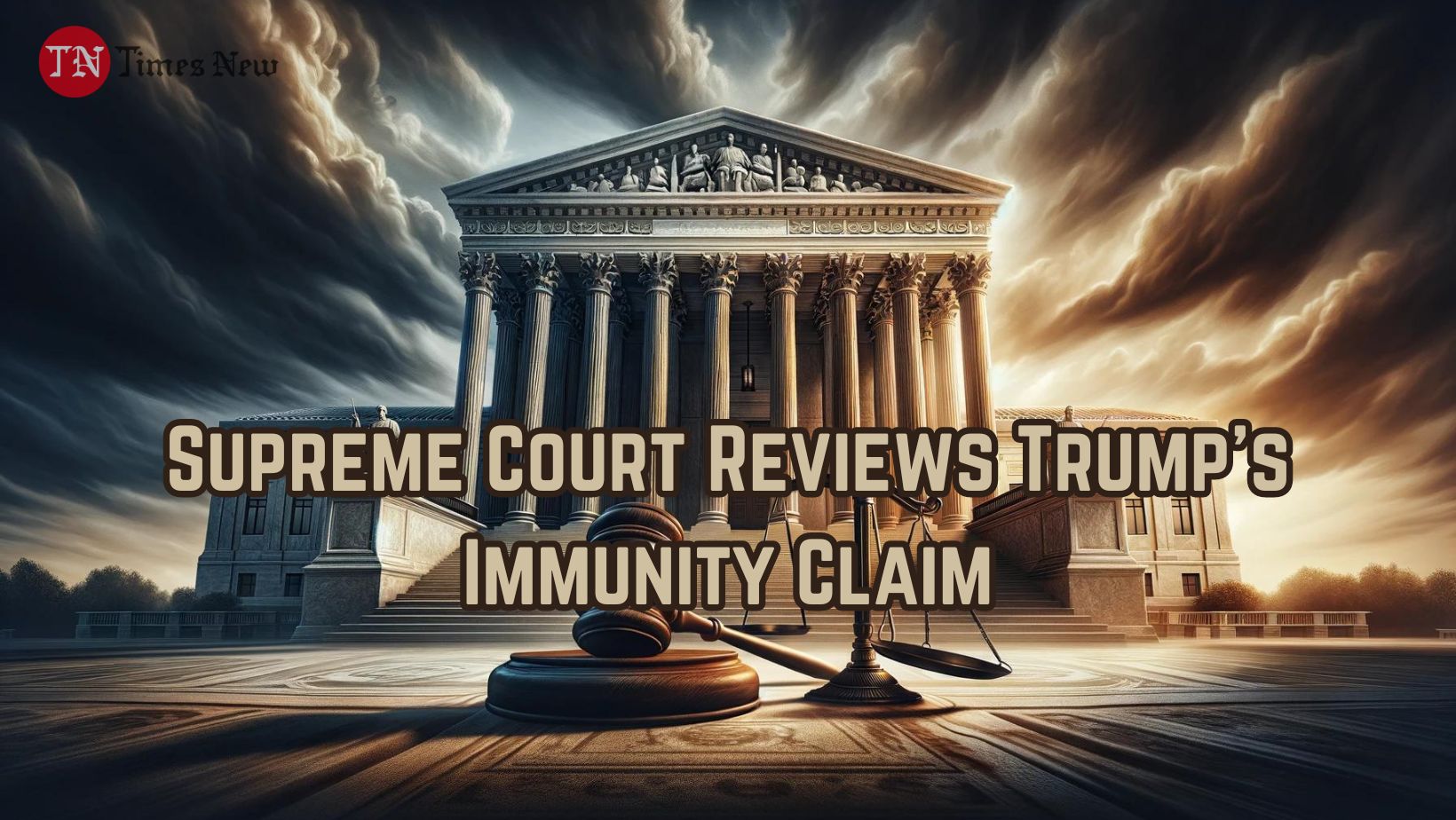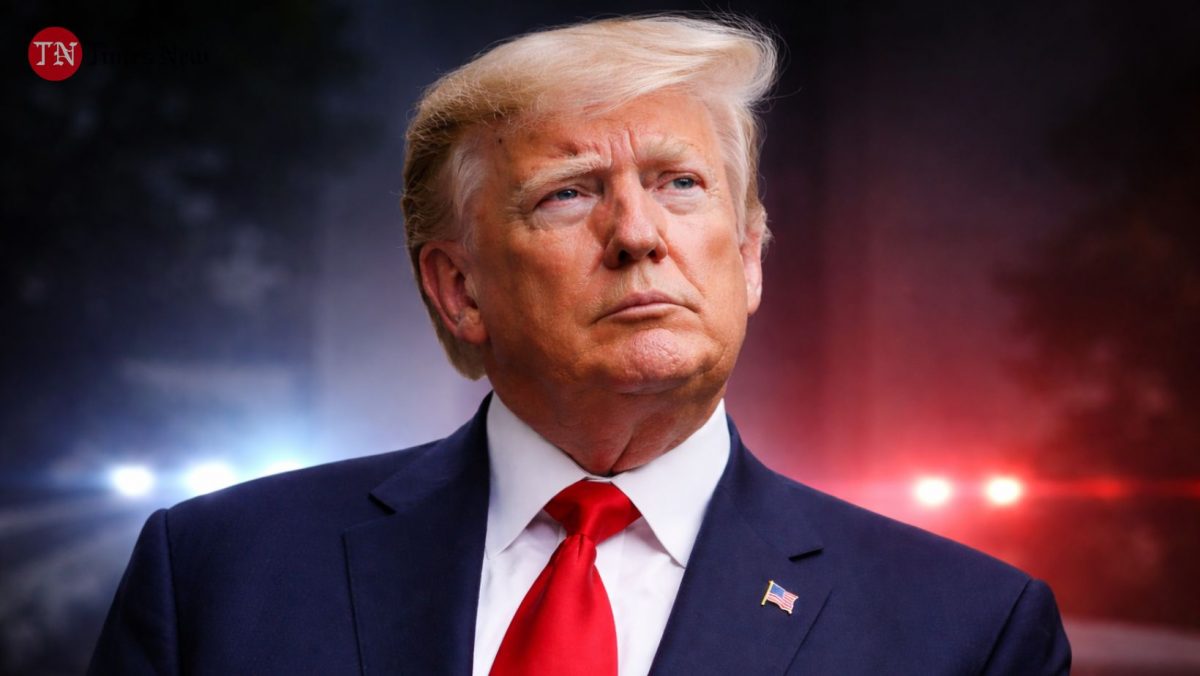
The U.S. Supreme Court has agreed to hear former President Donald Trump’s claim of absolute immunity from prosecution in connection with his attempts to overturn the results of the 2020 election. Scheduled for oral arguments in the week of April 22, the Court will review a decision by a three-judge panel of the US Court of Appeals for the DC circuit that previously rejected Trump’s immunity claim. This pivotal case could potentially delay Trump’s trial until after the 2024 presidential election, raising significant questions about the extent of presidential immunity and its impact on the separation of powers within the U.S. government.
At the heart of the case are allegations made by Special Counsel Jack Smith, who has charged Trump with four counts of criminal activity, including conspiring to defraud the United States and obstructing the congressional certification of the election results. Trump’s defense has centered around the argument that his actions, aimed at reversing his 2020 election loss, were within the “outer perimeter” of his official duties, granting him broad protection under the presidency. This claim was, however, dismissed at the district court level and by the appellate panel, challenging Trump’s assertion of absolute immunity regardless of his intentions behind the alleged actions.
The Supreme Court’s decision to hear the case underscores the legal and constitutional complexities surrounding a former president’s immunity from prosecution for actions taken while in office. As the Court prepares to address these issues, the outcome will likely have profound implications for the understanding of presidential power and accountability in the United States.
Pic Courtesy: google/ images are subject to copyright









